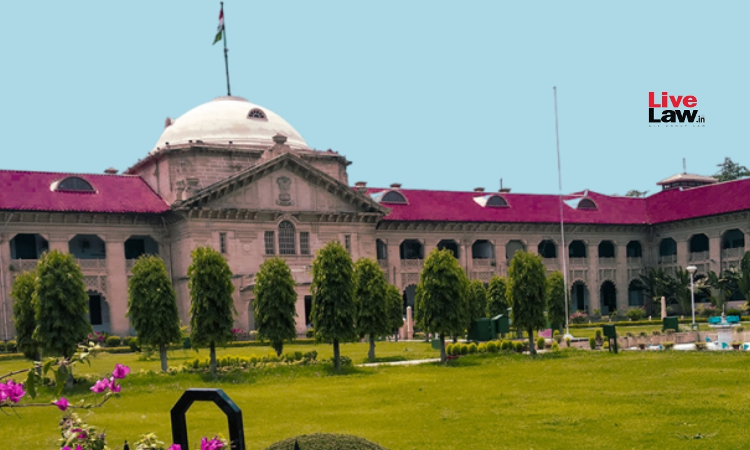'Widowed Daughter Falls Within Definition Of Dependent Family', Allahabad HC Directs Compassionate Appointment
Syed Nazarat Fatima
23 Nov 2024 6:33 PM IST

Next Story
23 Nov 2024 6:33 PM IST
A Division Bench of the Allahabad High Court comprising Justices Rajan Roy, and Om Prakash Shukla granted relief to a widowed daughter seeking appointment to the post her deceased father based on compassionate grounds. The Court held that even after marriage or widowhood, a woman would continue to be a daughter. Moreover, if she was widowed before the death of her father, she would for all...
